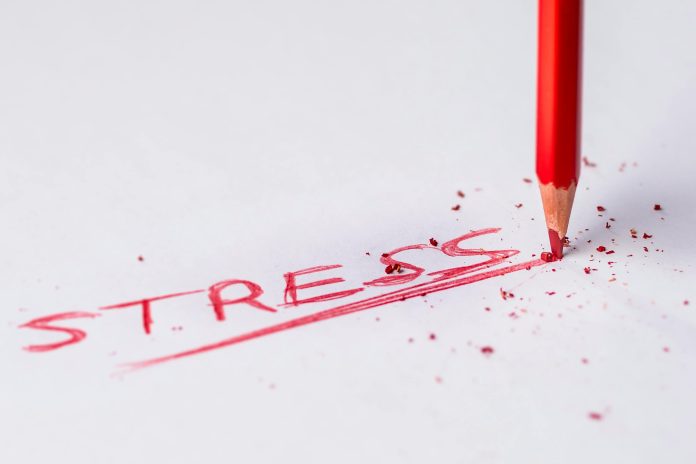Imagine running a marathon. Now imagine running another marathon immediately after with zero recovery time. Then another. Then another.
Cumulative stress is a bit like running consecutive marathons, except in this case there is little to show for it. Instead, chronically stressful situations with no reprieve have a harmful impact on your body and mind.
Cumulative stress has been defined as a common experience for people who work in chronically stressful situations. It can be the result of an accumulation of a heavy workload, poor communications, multiple frustrations, coping with situations in which you feel powerless, or the inability to rest or relax. It can be experienced in both work and personal lives and exacerbates stress levels in both areas of your life.
Moderate and contained stress can be a source of motivation, inspiration, and energy. However, prolonged, and negative stress stimulates the level of stress hormones that can impact your emotions, thoughts, and physiological responses.
Possible Cumulative Stress Reactions
If you are experiencing cumulative stress, here are possible reactions you may notice:
- Difficulty concentrating
- Feelings of hopelessness, powerlessness, and cynicism
- Sleep disturbances and chronic exhaustion
- Irritability and angry eruptions
- Chronic criticism and blaming of others
- Withdrawal from others
- Depression and anxiety
- Increased substance use/abuse
What Can You Do?
There are many things you can do to improve your stress levels. Keep in mind that resilience should be a key part of a well thought out self-care plan that supports your ongoing personal and professional wellness needs.
Here are some suggestions or ways of reframing your thoughts:
- If possible, can you spot the silver lining? Researchers suggest that perception plays a key role in how we manage stress.
- Manage your stress levels by regularly putting time aside through your day to relax your nervous system (i.e. by using breathing exercises, taking your breaks or a walk at lunch, etc.)
- Re-assess any self-blaming or negative thoughts patterns and instead, look for one or two positive aspects of your day that you have control over.
- Connect with your family, friends and/or coworkers. Human connection has been shown to be a key factor in supporting resiliency.
- Get some physical exercise. Exercising stimulates the release of stress-relieving chemicals (such as dopamine and endorphins) into our system.
- Find something that will help distract you from intrusive thoughts. Some people find it helpful to be engaged in leisure and social activities. Returning to daily routines can also be helpful.
- Maintain good sleeping habits. Avoid using electronics (i.e.: cellphone, tablet, laptop, etc.) at least one hour prior to bed. Having healthy sleep patterns will support your recovery.
- If you find yourself re-experiencing distressing thoughts or images, it’s recommended to use grounding techniques and diaphragmatic breathing to keep you in the present moment. Information on these topics can be found on credible and well-known web sites.
- Avoid comparing your recovery to that of your coworkers. We all recover differently based on our connection to the event, our interpretation of the incident and our life experiences.
- Connect with your leader at work to discuss your source of stress: they might be able to help and accommodate your needs during that time.
Reducing Cumulative Stress
Experiencing Cumulative Stress for a prolonged duration of time can have a negative effect on your wellbeing, impacting everything from decision making to your immune system. Fortunately, there are several options you can choose from to bring yourself to a better and more positive head space and find your healthy balance. The key is implementing your chosen strategies consistently, and to review your self-care plan on a regular basis to ensure it is working.
If you are struggling, you are not alone. AHS has resources and services available to help you. For information on supports in place to help, visit our support site at AHS.ca, or call the Mental Health Helpline at 1-877-303-2642.


















